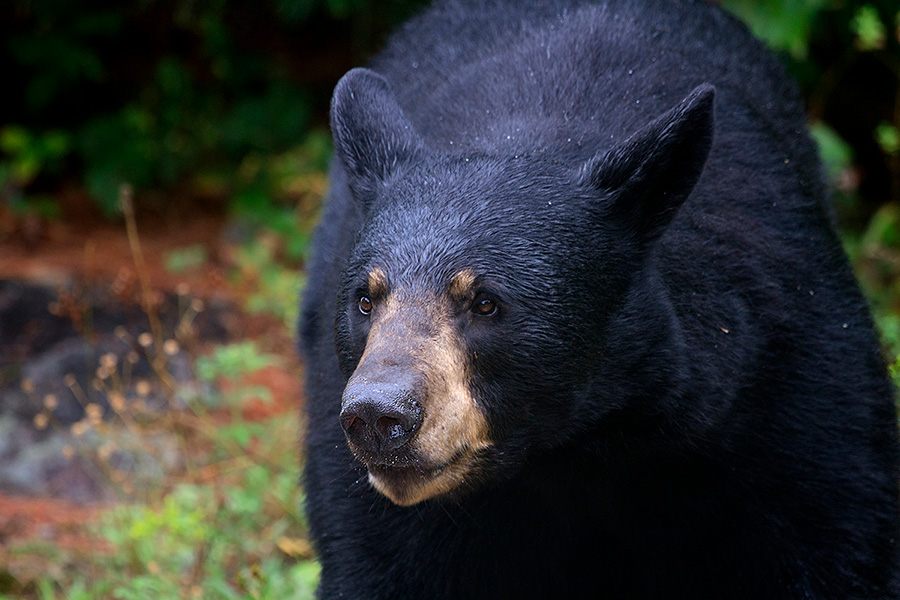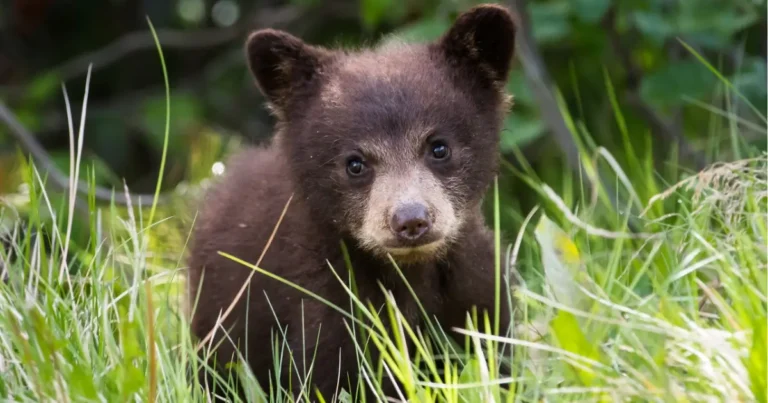
“These conflicts could range from a beaver damming a creek and flooding your land to a bushy-tailed woodrat moving into your home or garage to a red-naped sapsucker damaging your landscaping trees,” Elizabeth Anderson, a Bear Smart co-ordinator told The Herald. “Often the wildlife lose out in these types of conflicts when a bit of knowledge and proactive measures can prevent the conflict in the first place.”
The Bear Smart program, which is run by the Crowsnest Conservation Society, is hoping that their educational efforts will have repeatable success across other species. They are already exploring options for co-existence strategies with ungulates, small carnivores, and small mammals traditionally called “pests” or “varmints.”
“The most obvious changes initially will be monthly messaging through social, print and broadcast media on a particular wildlife conflict theme for the given month,” Anderson said to The Herald. “As grant funding opportunities allow, we will continue to increase our toolbox … for educational programming and develop additional stewardship initiatives.”
It is truly wonderful to see an entire community recognizing the importance and value of wildlife education, and co-existence. Congratulations to the community of Crowsnest Pass for showing compassion, and leading by example.
monthly donor(for as little as $5/month – the cost of a single latte) pleaseclick hereand help us save lives today.

